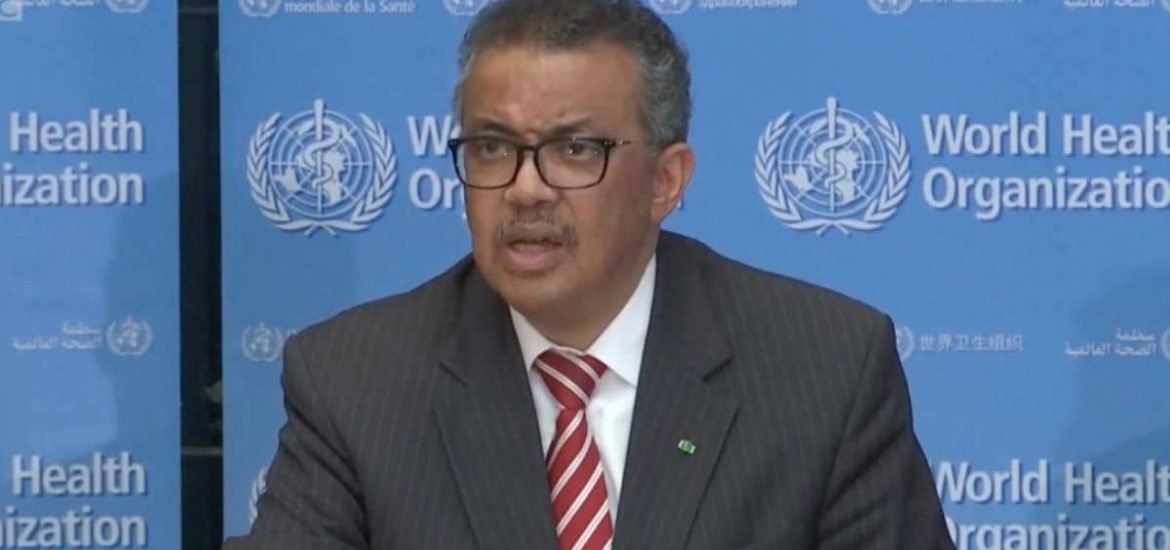
Over the past few months, the novel coronavirus has spread rapidly to over 100 countries and it now seems clear that it will likely spread to all counties on the globe. So, on Wednesday 11 March, the World Health Organization (WHO) finally declared the coronavirus outbreak a pandemic.
The respiratory virus was first reported in Wuhan, China at the end of 2019, where it is believed to have jumped from animals to humans. China has been grappling with the outbreak ever since, and while China appears to be on the verge of containing the outbreak, the virus has rapidly spread across Europe, most notably throughout Italy, and many other countries – with large outbreaks in Iran, South Korea, and the United States.
The decision to declare a pandemic does not appear to have been taken lightly. Indeed, until now, the WHO has refrained from doing so, instead, classifying it on 30 January as a “public health emergency of international concern”.
However, during the announcement on Wednesday at the WHO’s headquarters in Geneva, Director-General Tedros Adhanom Ghebreyesus said the organisation is now “deeply concerned, both by the alarming levels of spread and severity and by the alarming levels of inaction” by world leaders in response to the outbreak. “We have therefore made the assessment that COVID-19 can be characterized as a pandemic”.
The last pandemic declared by the WHO was the H1N1 swine flu outbreak in 2009, which infected nearly 25 per cent of the global population. Current estimates put the number of people who have contracted Covid-19 — the disease caused by the virus, known as SARS-CoV2 — at 118,000 in 111 countries and counting. But the number of infections could be much higher given limited testing materials in some countries and underreported cases.
What does declaring a pandemic change?
“Describing the situation as a pandemic does not change WHO’s assessment of the threat posed by this coronavirus”, said Tedros.
“It doesn’t change what WHO is doing, and it doesn’t change what countries should do.” He added: “This is not just a public health crisis, it is a crisis that will touch every sector — so every sector and every individual must be involved in the fight”.
Importantly, pandemic refers to the spread of a disease and not the severity of the illness it causes. But unfortunately, there’s no clear-cut formula for declaring one. It seems to be more of an art rather than a science.
“Pandemic is not a word to use lightly or carelessly. It is a word that, if misused, can cause unreasonable fear, or unjustified acceptance that the fight is over, leading to unnecessary suffering and death,” said Tedros.
Many have criticised the WHO, saying they should have declared the coronavirus outbreak a pandemic much sooner. The organisation claims they feared declaring a pandemic would signal to countries that containment efforts had failed, leading them to stop trying.
“Will we use it as a call to action? Will we use it to fight? Or will we use it to give up?”, asked Mike Ryan, head of the agency’s health emergencies program, at a press conference on Monday.
At the same press conference on Monday, Tedros emphasised: “The rule of the game is: Never give up”.
He added: “The great advantage is that the decisions we all make as governments, businesses, communities, families and individuals can influence the trajectory of this epidemic.”